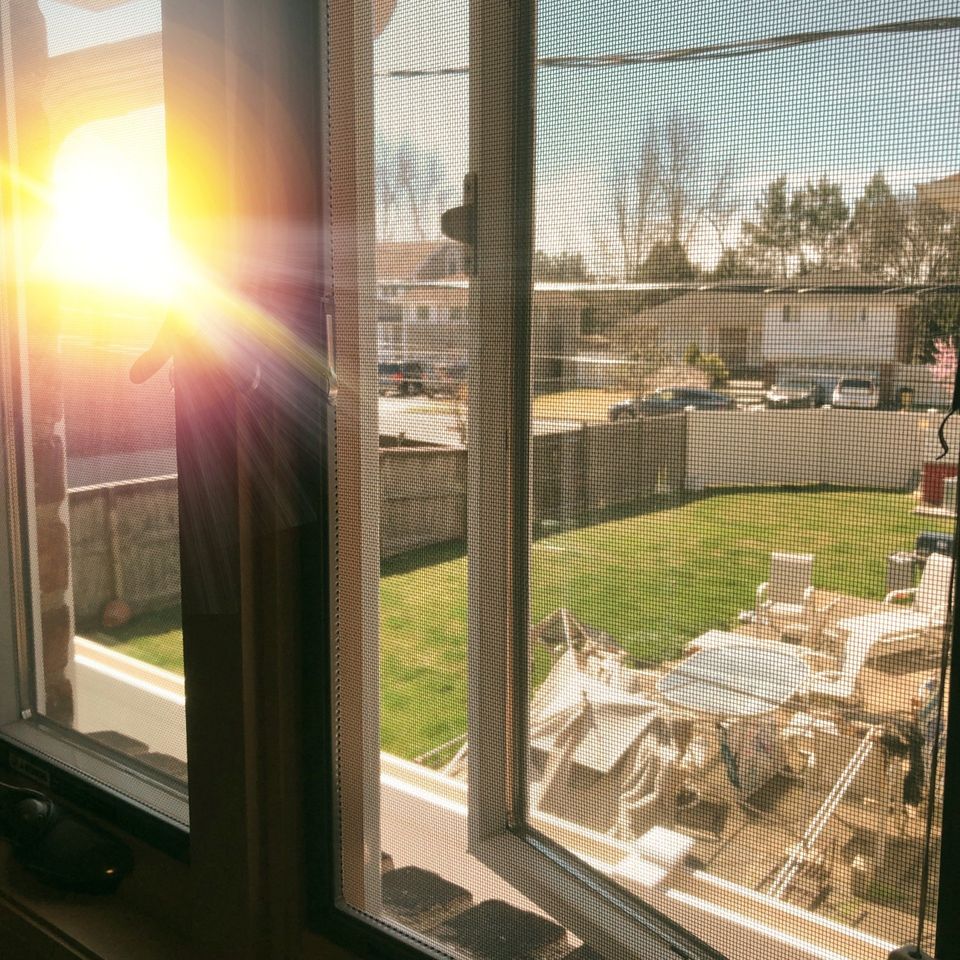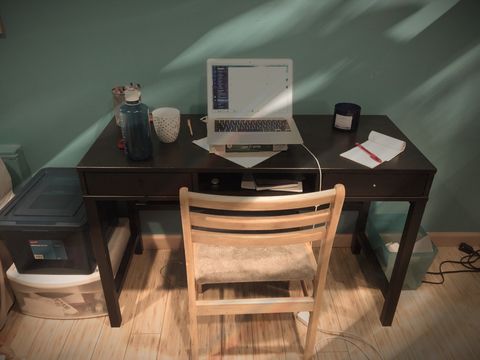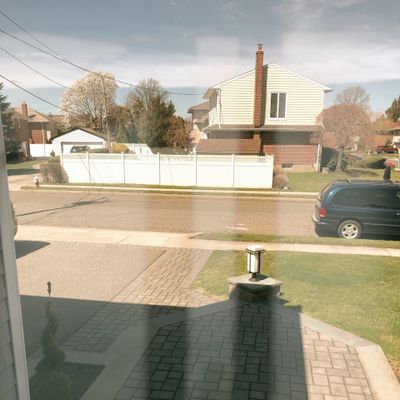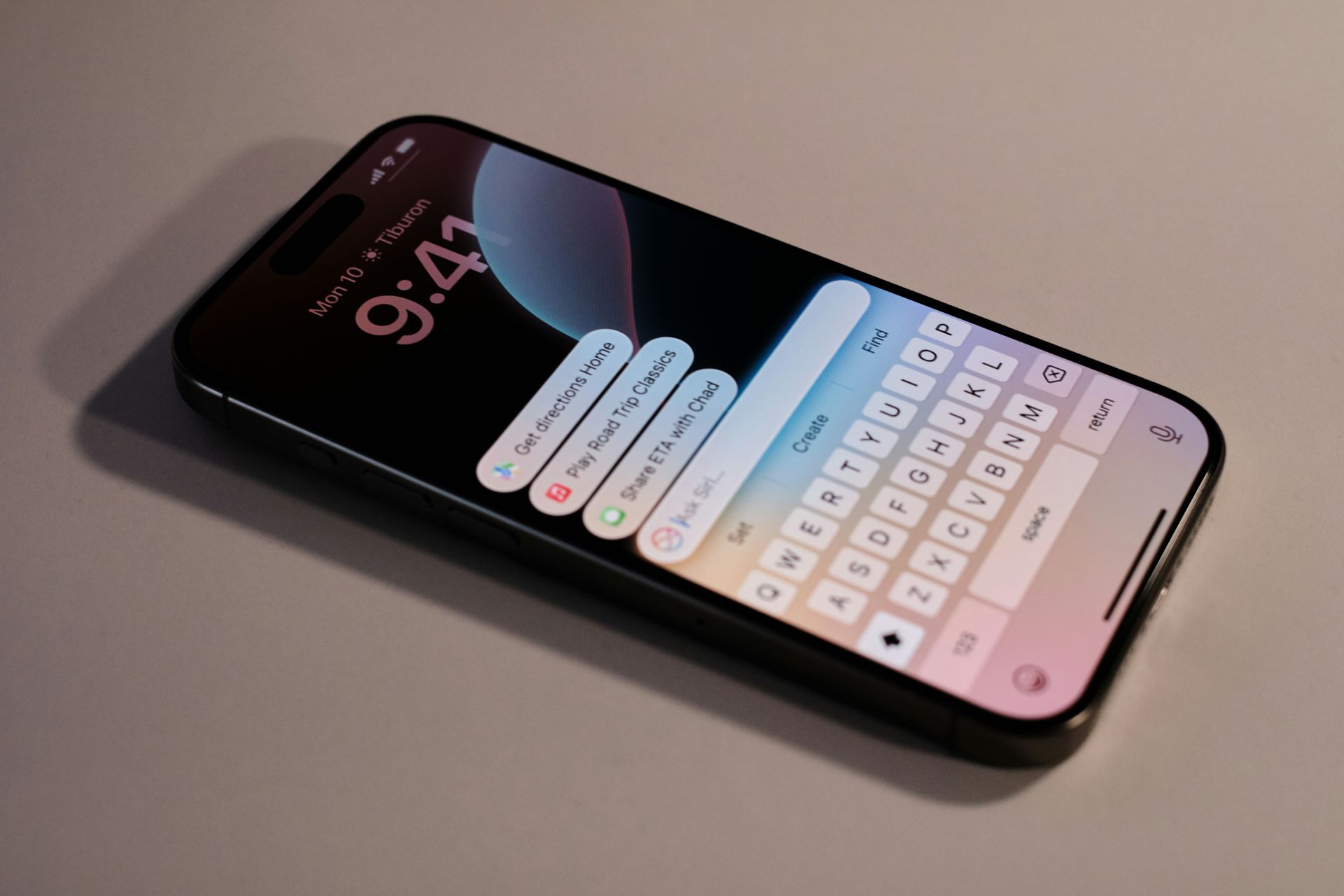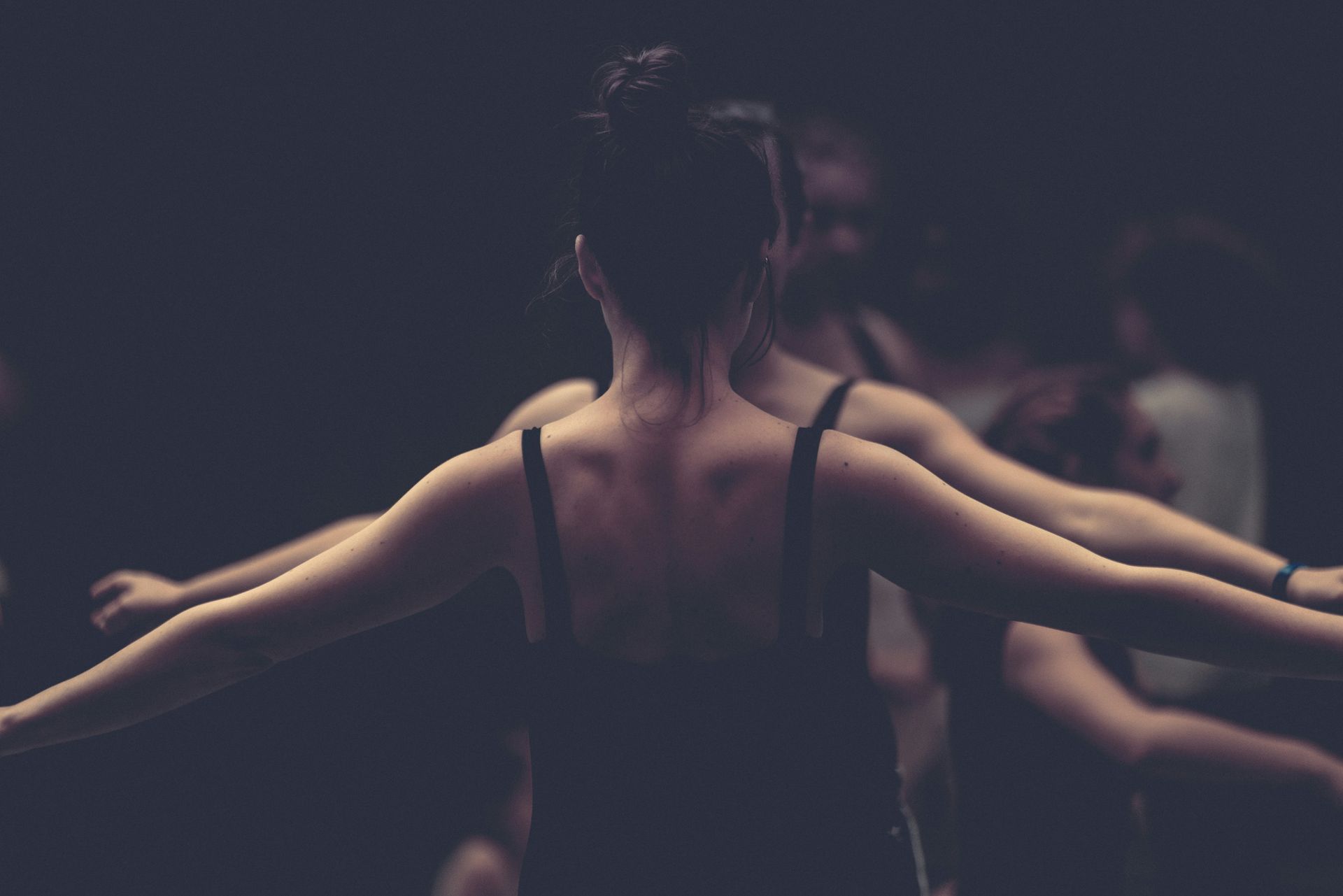Finding stability during a time of global crisis
At GenMH, we want to share our own stories with a hope to empower, provide hope and give courage to the global mental health community, especially through this difficult period due to COVID-19.
Jackee, the Founder of GenMH, bravely shares how she has been feeling, with a hope to break down stigma, and empower others to talk proudly about their experiences with mental illness.
I live with bipolar disorder. This has meant an odd and frustrating journey during COVID-19.
About a month ago I started feeling an irritability I couldn’t shake. No matter what I did, I couldn’t focus on anything. I constantly felt like crawling out of my skin. I couldn’t sit still but I couldn’t really do anything either.
Turns out this has been tied to medication changes. I was too exhausted on my previous medication, so I switched to another one, which clearly wasn’t working. But this was not working at a new level. I generally tend towards depression, so this turn towards hypomania for weeks on end was odd.
Now me and my psychiatrist seem to have figured out that coming off of migraine medication may have been the culprit and I am slowly feeling better going back on this medication. My last appointment made me feel like a puzzle my doctor had to figure out, all in an effort to keep me off of lithium.
All I want to do is feel better, stable. I’ve known what stability feels like. With a combination of medication (which always made me too sleepy) and therapy, I’ve had bouts of stability. This is the most unstable I’ve felt in a long time.
But, then I remember what’s happening in our environment. I’ve been forced to move back home to the suburbs of New York City which is basically on lock down. We have no idea how long we’ll be self-isolating. We are all under incredibly stressful circumstances.
When I take a step back, I realize this is a time to breathe deeply and try to take some pressure off of myself. This looks different for everyone. But for me, this means not asking as much of myself on a daily basis… not expecting myself to get every single piece of work done, not expecting my normal level of “productivity”.
I’m also trying to take care of myself with positive distractions and positive coping. The best thing I’ve been doing for myself right now is working out, even 15 minutes a day. This has been bringing my energy level to a manageable place in the afternoons when my new medication seems to wear off.
So, GenMH community, I hope you are all doing well, and I hope you take a second to breathe and take some pressure off of yourself.
To all of our mental health in this tough time,
Jackee

